
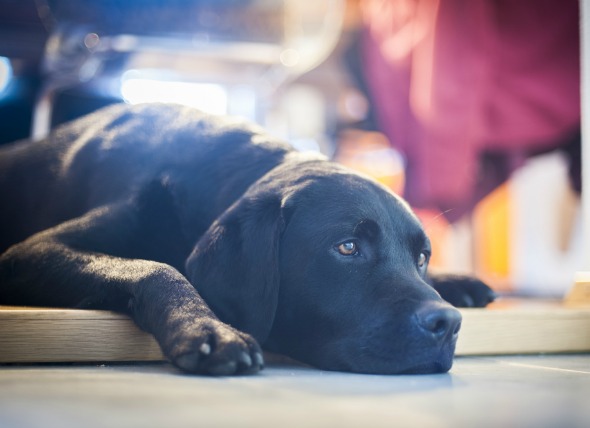
A canine coronavirus infection (CCV) is a highly contagious intestinal disease that can be found in dogs all around the world. This particular virus is specific to dogs, both wild and domestic. The coronavirus replicates itself inside the small intestine and is limited to the upper two-thirds of the small intestine and local lymph nodes. A CCV infection is generally considered to be a relatively mild disease with sporadic symptoms, or none at all. But if a CCV infection occurs simultaneously with a viral canine parvovirus infection, or an infection caused by other intestinal (enteric) pathogens, the consequences can be much more serious. There have been some deaths reported in vulnerable puppies.
The symptoms of a CCV infection vary. In adult dogs, the majority of infections will be inapparent, with no symptoms to show. Sometimes, a single instance of vomiting and a few days of explosive diarrhea (liquid, yellow-green or orange) may occur. Fever is typically very rare, while anorexia and depression are more common. Occasionally, an infected dog may also experience some mild respiratory problems. Puppies may exhibit protracted diarrhea and dehydration, and are most at risk of developing serious complications with this virus. Severe enteritis (inflammation of the small intestine) in puppies will occasionally result in death.
This intestinal disease is caused by the canine coronavirus, which is closely related to the feline enteric coronavirus (FIP), an intestinal virus that affects cats. The most common source of a CCV infection is exposure to feces from an infected dog. The viral strands can remain in the body and shed into the feces for up to six months. Stress caused by over-intensive training, over-crowding and generally unsanitary conditions increase a dog’s susceptibility to a CCV infection. Additionally, places and events where dogs gather are the most likely locations for the virus to spread.
A CCV infection will usually have some symptoms in common with other bacterial, viral, or protozoic infections, or with general food intoxication or intolerance. Therefore, certain tests may have to be administered to determine the actual cause of the infection. Biochemical analysis and urinalysis will typically show normal physiology, so sometimes specific serologic (serum) tests or antibody titers (measurement of antibody strength) may need to be used.
Puppies that have been exposed to this infection and are showing symptoms will need the most guarded care. What appears to be a small amount of diarrhea and vomiting can lead to a fatal condition for a defenseless, puppy. Most adult dogs will recover from a CCV infection on their own and without the need for medication. In some cases, diarrhea may continue for up to 12 days, and soft stool for a few weeks. If the infection does cause inflammation of the small intestine (enteritis), respiratory problems, or blood poisoning (septicemia), antibiotics may need to be prescribed. If severe diarrhea and dehydration occur as a result of the infection, the dog may need to be given extra fluid and electrolyte treatment. Once the dog has recovered from the infection, there will usually be no need for further monitoring. But, keep in mind that there may still be remnants of the virus that are being shed in your dog's feces, potentially placing other dogs at risk.
There is a vaccine available to protect dogs from this virus. It is normally reserved for show dogs and puppies, since they have undeveloped immune systems and are most vulnerable. Because the canine coronavirus is a highly contagious infection, the best prevention for it is to immediately isolate dogs that either exhibit the common symptoms or have been diagnosed with it. It is also important to keep kennels clean and hygienic at all times, to clean after your dog in both public and private spaces, and to protect your dog from coming into contact with other dog's feces, as much as that is possible.
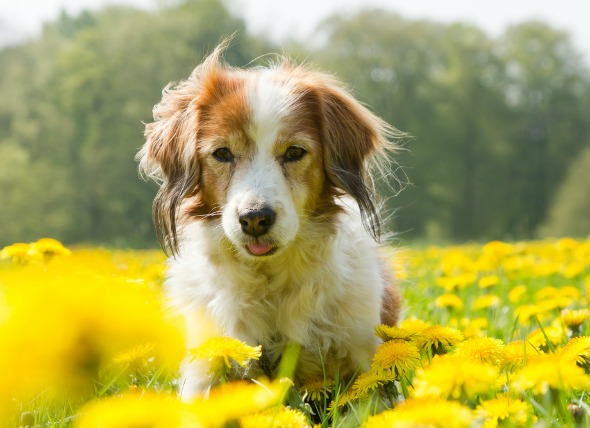 Side Effects of Anxiety Medications in Dogs
Serotonin Syndrome
Dogs suffering from compulsive
Side Effects of Anxiety Medications in Dogs
Serotonin Syndrome
Dogs suffering from compulsive
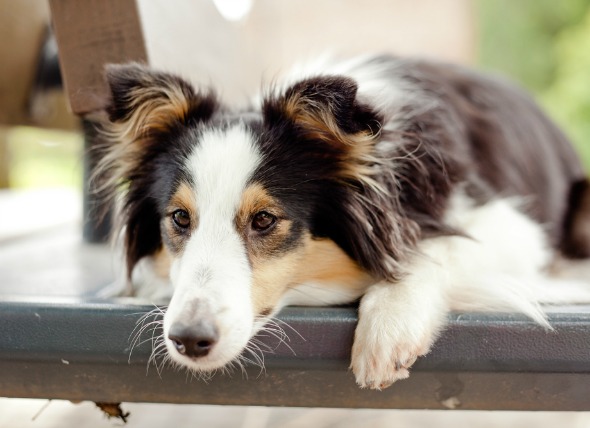 Excess Protein in the Urine of Dogs
Proteinuria in Dogs
Abnormally high protein level
Excess Protein in the Urine of Dogs
Proteinuria in Dogs
Abnormally high protein level
 Chocolate Poisoning in Dogs
Dogs are known for eating things when they are not suppo
Chocolate Poisoning in Dogs
Dogs are known for eating things when they are not suppo
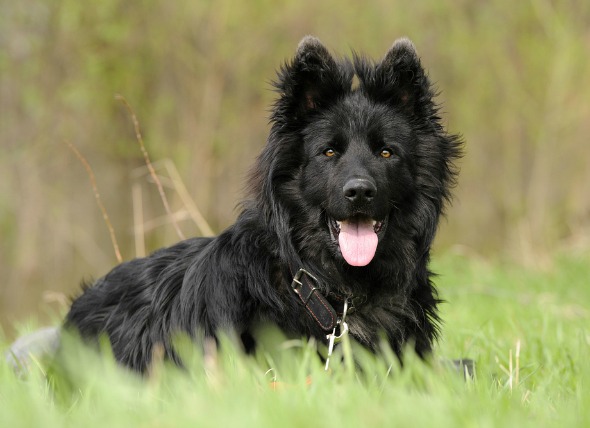 Excess Sodium in the Blood in Dogs
Hypernatremia in Dogs
Electrolytes are very impor
Excess Sodium in the Blood in Dogs
Hypernatremia in Dogs
Electrolytes are very impor
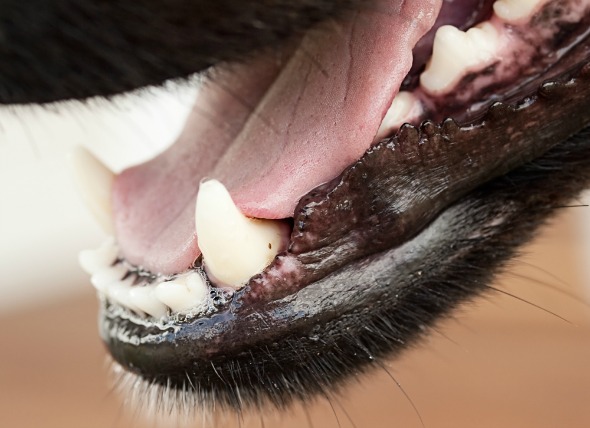 Pus Cavity Forming Under Tooth in Dogs
Tooth Root (Apical) Abcess in Dogs
Similar to hum
Pus Cavity Forming Under Tooth in Dogs
Tooth Root (Apical) Abcess in Dogs
Similar to hum
Copyright © 2005-2016 Pet Information All Rights Reserved
Contact us: www162date@outlook.com